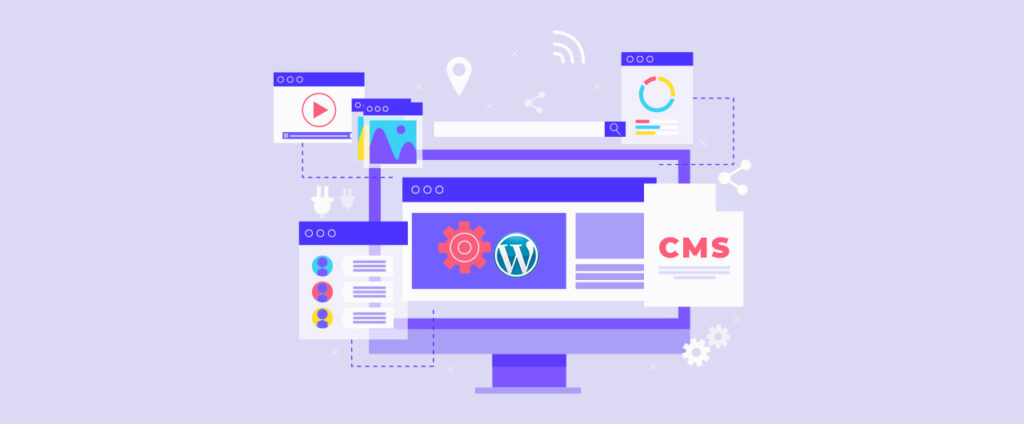Contents
Introduction
WordPress is an open-source content management system that has been powering websites for over two decades. Its ease of use, versatility, and community-driven development has made it one of the most popular website building platforms in the world. In this article, we will explore the future of WordPress, including what’s in store for its users and the platform itself.Evolution of WordPress
Over the years, WordPress has undergone significant changes to keep up with the ever-evolving technological landscape. The platform has shifted from a basic blogging tool to a full-fledged website builder that supports e-commerce, portfolios, and much more. One of the key changes to WordPress has been the introduction of the WordPress block editor, or “Gutenberg,” in 2018. This new visual editor allows users to create custom page designs and layouts with ease, making it easier to create professional-looking websites without the need for coding knowledge. Another significant change in the future of WordPress is the shift towards making the platform more accessible and inclusive. The WordPress community is working to improve the platform’s accessibility for people with disabilities, and to make it easier for people of all backgrounds to use and build with WordPress.The role of Artificial Intelligence in WordPress
Artificial intelligence is rapidly changing the way we interact with technology, and WordPress is no exception. In the future, AI will play a significant role in the platform, making it easier for users to create, manage, and optimize their websites. One of the most significant ways AI will impact WordPress is through its ability to automate tasks and processes. For example, AI can be used to optimize images, reduce page load times, and even suggest page layouts based on user behavior and website goals. Another area where AI will have a big impact is in website security. WordPress is already known for its security features, but with the introduction of AI, the platform will be able to detect and prevent security threats more effectively.The rise of Virtual and Augmented Reality in WordPress
Virtual and augmented reality are emerging technologies that are poised to have a significant impact on the future of WordPress. As VR and AR become more accessible and widely adopted, WordPress users will be able to create and incorporate immersive experiences into their websites. For example, WordPress users could create virtual tours of their products or services, offering customers a unique and engaging experience. Additionally, AR could be used to create interactive product demonstrations, making it easier for customers to visualize and understand how products work.The future of WordPress as a business platform
WordPress has already established itself as a popular platform for building e-commerce websites, but in the future, it will become an even more important tool for businesses. With the growth of AI, VR, and AR, WordPress will provide businesses with new and innovative ways to reach and engage with customers. For example, businesses will be able to use AI-powered chatbots to offer 24/7 customer support, while VR and AR will allow businesses to create immersive experiences that provide customers with a deeper understanding of their products and services.Increased focus on SEO and online marketing
In the future, WordPress will place an even greater emphasis on SEO and online marketing. With the growing competition for online visibility, businesses will need to optimize their websites for search engines, making it easier for customers to find them online. WordPress will provide businesses with the tools and resources they need to optimize their websites for search engines, including built-in SEO tools, schema markup, and other features that will make it easier to improve their online visibility.The importance of mobile optimization
The future of WordPress will also see a focus on mobile optimization. With more and more people accessing the internet through their mobile devices, it’s essential that websites are optimized for mobile devices to provide users with a seamless and accessible experience. WordPress will continue to make it easier for users to create mobile-optimized websites, with features like responsive design, mobile-friendly themes, and mobile-friendly page builders. This will allow businesses to reach and engage with customers on their mobile devices, regardless of where they are or what they’re doing.Conclusion
The future of WordPress is bright, with a focus on evolution, innovation, and accessibility. The platform will continue to evolve and adapt to meet the changing needs of its users, providing businesses with the tools and resources they need to succeed online.
At Akeans, we are dedicated to helping our clients succeed online. If you are interested in learning more about WordPress development services, please don’t hesitate to contact us for a consultation. Our team of experts would be more than happy to answer any questions you may have and provide you with all the information you need to make an informed decision.


